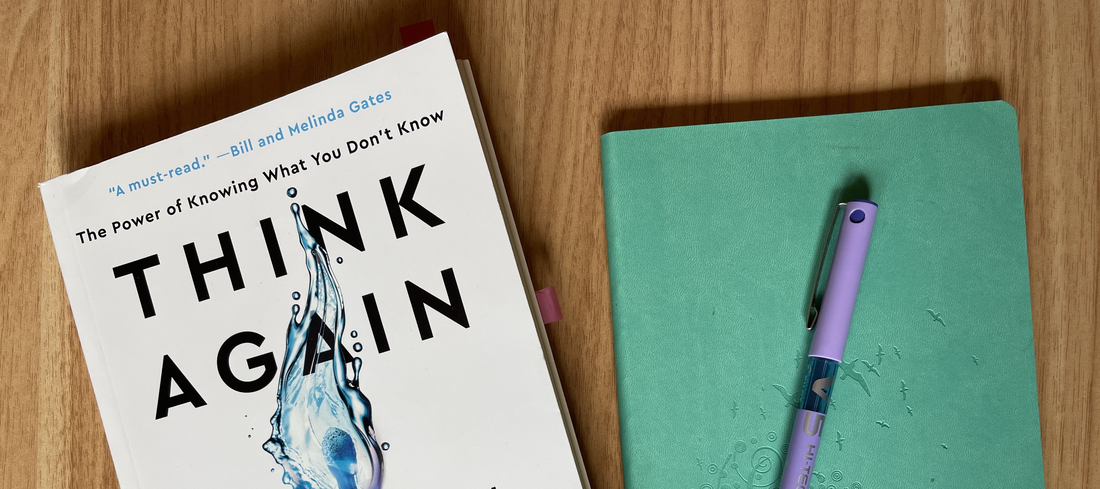|
Although I like to play sports more than I like to watch them, growing up in my family (and maybe as an American in general), it's hard not to get embroiled in some team rivalries. It's almost like the air we breathe. In my family it was around American football. The Greenbay Packers versus the Chicago Bears. As someone who grew up in Chicago, there is also the rivalry between the 2 Chicago baseball teams -- the White Sox and the Cubs. Although I like to play sports more than I like to watch them, growing up in my family (and maybe as an American in general), it's hard not to get embroiled in some team rivalries. It's almost like the air we breathe. In my family it was around American football. The Greenbay Packers versus the Chicago Bears. As someone who grew up in Chicago, there is also the rivalry between the 2 Chicago baseball teams -- the White Sox and the Cubs. I also went to school in Boston, which has one of the longest running baseball rivalries in history - the Boston Red Sox versus the NY Yankees. It's hard NOT to get caught up in these rivalries. They give us a sense of shared identity and a sense of common humanity. On the downside, they can lead to group polarization and prejudice. Yesterday, as part of our reading of Think Again by Adam Grant, I worked with a global team of leaders and coaches to identify their own rivalries within their organization, the stereotypes that are being held on to, and how they might work with some of those stereotypes/rivalries for the betterment of the organization. In total, they came up with 21 different rivalries within their org. One of the big ideas that come from the discussion was not about how to dismantle the rivalries, but how to transform them from unhealthy to healthy. How can we optimize the rivalry between teams or departments? How can we shift the timeline of when they work together, so it becomes more collaborative, than competitive? How can we create situations in which both rivals WIN? After our session, I sent them a few pages from the book The Infinite Game by Simon Sinek, where he talks about the importance of having a worthy rival, rather than a competitor. Sinek says: A worthy rival inspires us to take on an attitude of improvement. They push us in a way that few others can. Adam Grant is Simon Sinek's worthy rival. Sinek writes about how his relationship to Adam Grant changed when he stopped seeing him as a competitor, and instead saw him as a worthy rival. It was all in the mindset. Are you part of a rivalry? Would you consider it a worthy rivalry, where everyone wins or learns, or a competitive rivalry, where there is only 1 winner? Originally posted on LinkedIn with comments. Read Deeper Not Faster
0 Comments
Leave a Reply. |
Hi there!I am Theresa Destrebecq. |



 RSS Feed
RSS Feed